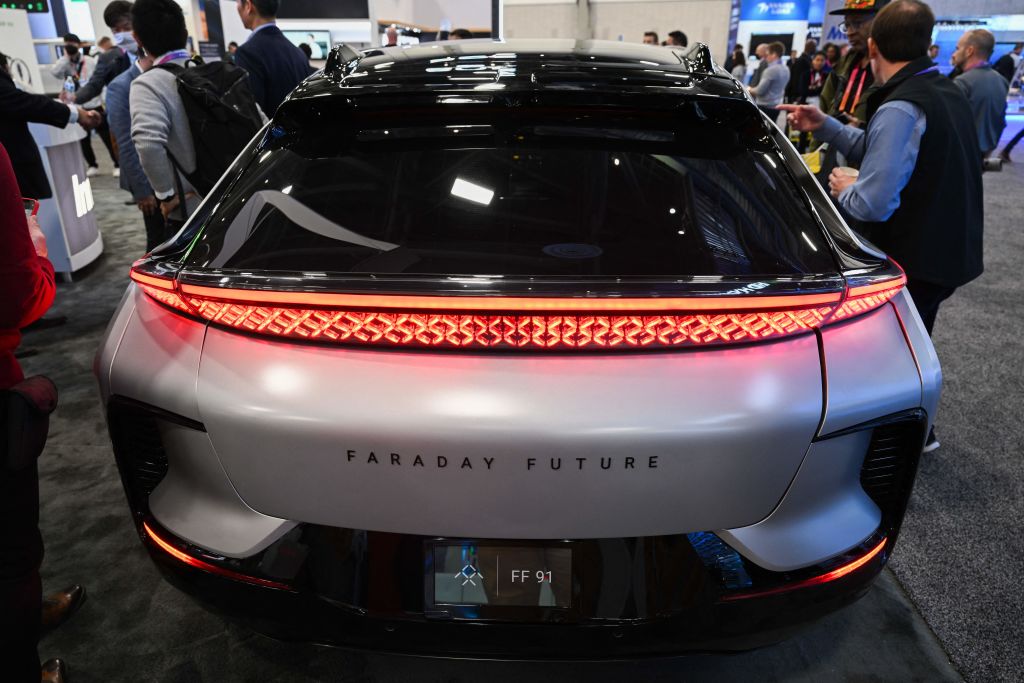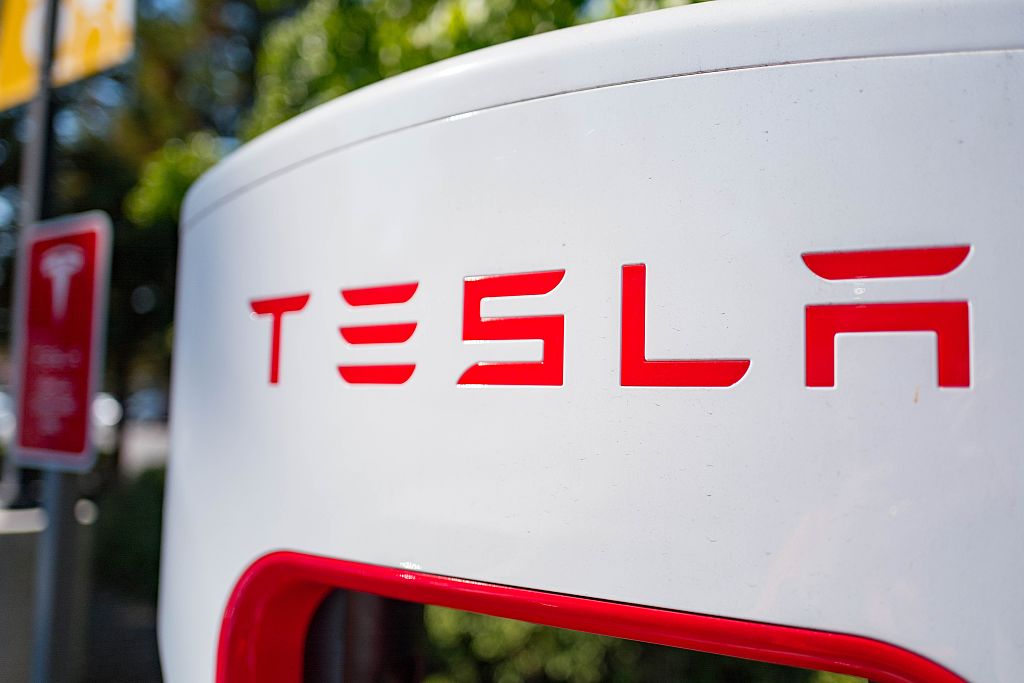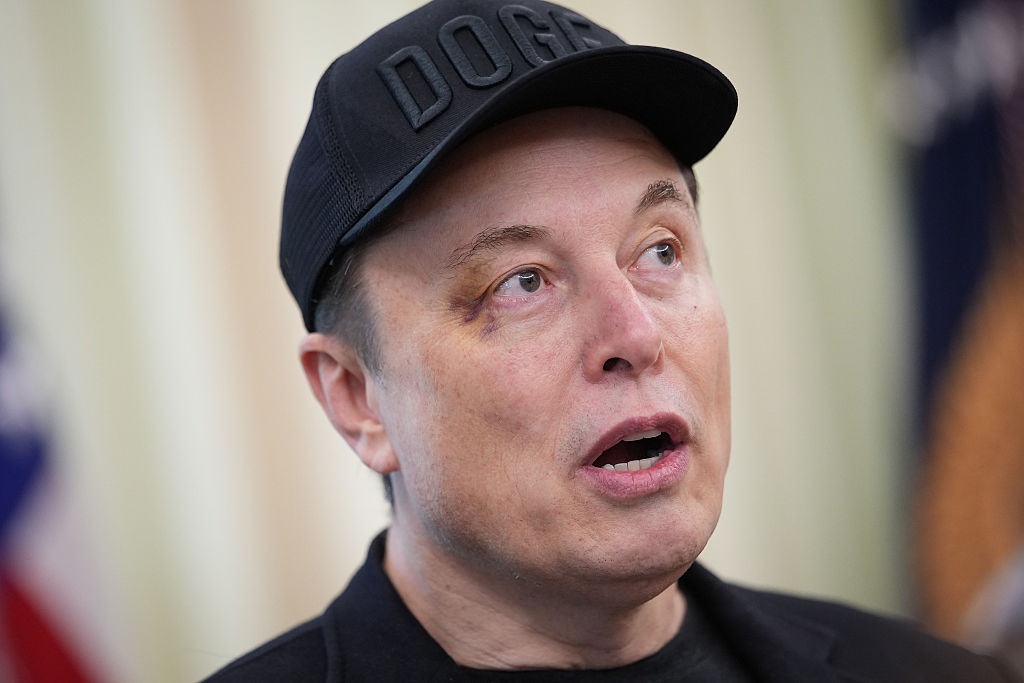How to cash in on the electric transport boom
The popularity of electric cars is on the rise, thanks to subsidies and high fuel prices. With a new generation expected to come to market in the next two years, Eoin Gleeson looks at how to make money from the sector and picks two stocks to spark your interest.
Get the latest financial news, insights and expert analysis from our award-winning MoneyWeek team, to help you understand what really matters when it comes to your finances.
You are now subscribed
Your newsletter sign-up was successful
Want to add more newsletters?

Twice daily
MoneyWeek
Get the latest financial news, insights and expert analysis from our award-winning MoneyWeek team, to help you understand what really matters when it comes to your finances.

Four times a week
Look After My Bills
Sign up to our free money-saving newsletter, filled with the latest news and expert advice to help you find the best tips and deals for managing your bills. Start saving today!
In the opening scene of the 1996 documentary Who Killed the Electric Car?, a rag-tag group of minor Hollywood celebrities gathered to bury a cause that had failed to ignite. Crowded around a grave in a Hollywood cemetery, Baywatch actors and bit-part filmstars bowed their heads as an electric car was laid to rest. The film was billed as a murder mystery who could have killed off such a clean, young beautiful thing? and chief among the suspects was General Motors (GM). Having leased 800 electric cars out in the early 1990s, the car giant had later sabotaged their push for electric cars, recovering the prototypes and crushing them in Californian scrapyards.
But the real reason GM did away with their electric cars was far less mysterious than the film suggested. It was simply not economical. Even after a couple of attempts to make the vehicle roadworthy - with cars that ran on lead acid batteries GM's upgraded nickel battery vehicles were costing them up to $80,000 to build. That was about twice the guide price of the actual car. And once it was out on the road, there was the real possibility you could be left stranded, should the battery unexpectedly run out of charge. It made little sense to keep making such a car after all, who would buy it?
But it seems that reports of the electric car's death have been over-exaggerated. In fact, thanks to the Japanese, the electric car is very much alive and well, and could soon be swarming all over the roads of Tokyo. That's partly down to government subsidies the Reva Electric Car Company will get $2,600 for every electric car they make, for example.
MoneyWeek
Subscribe to MoneyWeek today and get your first six magazine issues absolutely FREE

Sign up to Money Morning
Don't miss the latest investment and personal finances news, market analysis, plus money-saving tips with our free twice-daily newsletter
Don't miss the latest investment and personal finances news, market analysis, plus money-saving tips with our free twice-daily newsletter
But it's Japan's electrical utilities that have really been pushing for electric cars. As one Tokyo Electric Power (Tepco) chief told the Financial Times, the reason that utilities like electric cars is because it allows them to sell electricity at night. Most drivers prefer to charge their cars at home during the utility's off-peak hours, using regular power sockets. In one Tokyo prefecture, the local utility is providing 150 quick recharge stations as part of an effort to put at least 3,000 vehicles on its road within five years.
Stung by paying $4 a gallon for gas, Americans have also found a new respect for the electric car. Four out of five American consumers said they would consider a hybrid, such as the Toyota Prius (which use a battery backed by a petrol engine), when they next replace their car although that may be some time off. Meanwhile, a sleek Lotus-styled electric car by Tesla Motors has just been brought to market with a price tag of £92,000, for the wealthier conspicuously green consumers. Apart from the price of gas, recent developments in using lithium batteries have cut the cost of installing batteries to £8,500.
A fleet of plug-in cars is now expected to come to market over the next two years and this time they will be practical as well as green. The new Chevy Volt is expected to drive 40 miles on a single charge (which takes about three hours) and more than 300 miles if its petrol engine is tapped to recharge the battery. The US Department of Energy is already studying the implications of plug-in cars grabbing a 25% share of the market. "Investors should do the same," says Jack Hough in Smart Money Magazine. We have a look at two companies set to profit below.
Two component suppliers charging ahead of the competition
The best way to invest in the transition from the petro-car to the electric car is through those companies making the components, reckons Jack Hough in Smart Money. He likes Ener1 (AMEX:HEV). One part of the company's business involves using nanotechnology to solve problems with the new lithium-ion batteries being used in electric cars. Just like the lithium-ion batteries used in laptops, measures need to be taken to make sure such a big battery doesn't catch fire. But the firm is also uniquely positioned as the only American supplier of advanced lithium batteries, says Hough. This $781m company is on the cusp of turning a profit, starting with a $70m supply deal with Norway's Think electric car.
The electric car is about more than just the battery, of course. A company such as Borgwarner (NYSE:BWA), which makes fuel-efficiency components, such as turbochargers reducing emissions in the backup petrol engine in hybrids will also do strong business in the years ahead. Borgwarner already supplies parts for hybrids from Honda, Toyota and Ford. The group just reported a rise in quarterly earnings to 74 cents a share, from 64 cents per share a year ago, on the back of strong international sales and despite the current weakness in the American car market. The stock trades on a forward p/e of 13.1.
Get the latest financial news, insights and expert analysis from our award-winning MoneyWeek team, to help you understand what really matters when it comes to your finances.
Eoin came to MoneyWeek in 2006 having graduated with a MLitt in economics from Trinity College, Dublin. He taught economic history for two years at Trinity, while researching a thesis on how herd behaviour destroys financial markets.
-
 Should you buy an active ETF?
Should you buy an active ETF?ETFs are often mischaracterised as passive products, but they can be a convenient way to add active management to your portfolio
-
 Power up your pension before 5 April – easy ways to save before the tax year end
Power up your pension before 5 April – easy ways to save before the tax year endWith the end of the tax year looming, pension savers currently have a window to review and maximise what’s going into their retirement funds – we look at how
-
 8 of the best houses for sale with electric vehicle charging
8 of the best houses for sale with electric vehicle chargingThe best houses for sale with electric vehicle charging – from a converted World War II control tower in Scotland, to a Victorian country house in Cumbria
-
 Key lessons from the MoneyWeek Wealth Summit 2025: focus on safety, value and growth
Key lessons from the MoneyWeek Wealth Summit 2025: focus on safety, value and growthOur annual MoneyWeek Wealth Summit featured a wide array of experts and ideas, and celebrated 25 years of MoneyWeek
-
 The Stella Show is still on the road – can Stella Li keep it that way?
The Stella Show is still on the road – can Stella Li keep it that way?Stella Li is the globe-trotting ambassador for Chinese electric-car company BYD, which has grown into a world leader. Can she keep the motor running?
-
 'EV maker Faraday Future will crash'
'EV maker Faraday Future will crash'Faraday Future Intelligent Electric is failing dismally to live up to its name, says Matthew Partridge
-
 Tesla seeks approval to supply electricity to UK homes – could it disrupt the energy market?
Tesla seeks approval to supply electricity to UK homes – could it disrupt the energy market?Tesla has applied for a license to supply UK households with electricity, but taking on the biggest providers could prove challenging
-
 Tesla shares slump over Trump/Musk feud
Tesla shares slump over Trump/Musk feudA war of words has sent Tesla shares spiralling to the company’s largest single-day value decline in history
-
 Tesla is no longer the world’s largest electric car maker. Should you invest?
Tesla is no longer the world’s largest electric car maker. Should you invest?Investors need to weigh up the potential of Tesla’s autonomous technology drive against struggles in its core carmaking business when deciding whether or not to invest
-
 Amazon shares fall on profitability concerns
Amazon shares fall on profitability concernsA big increase in capital spending plans compounded an earnings miss for Amazon following its Q4 results